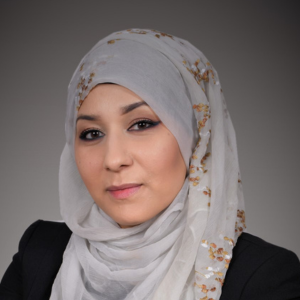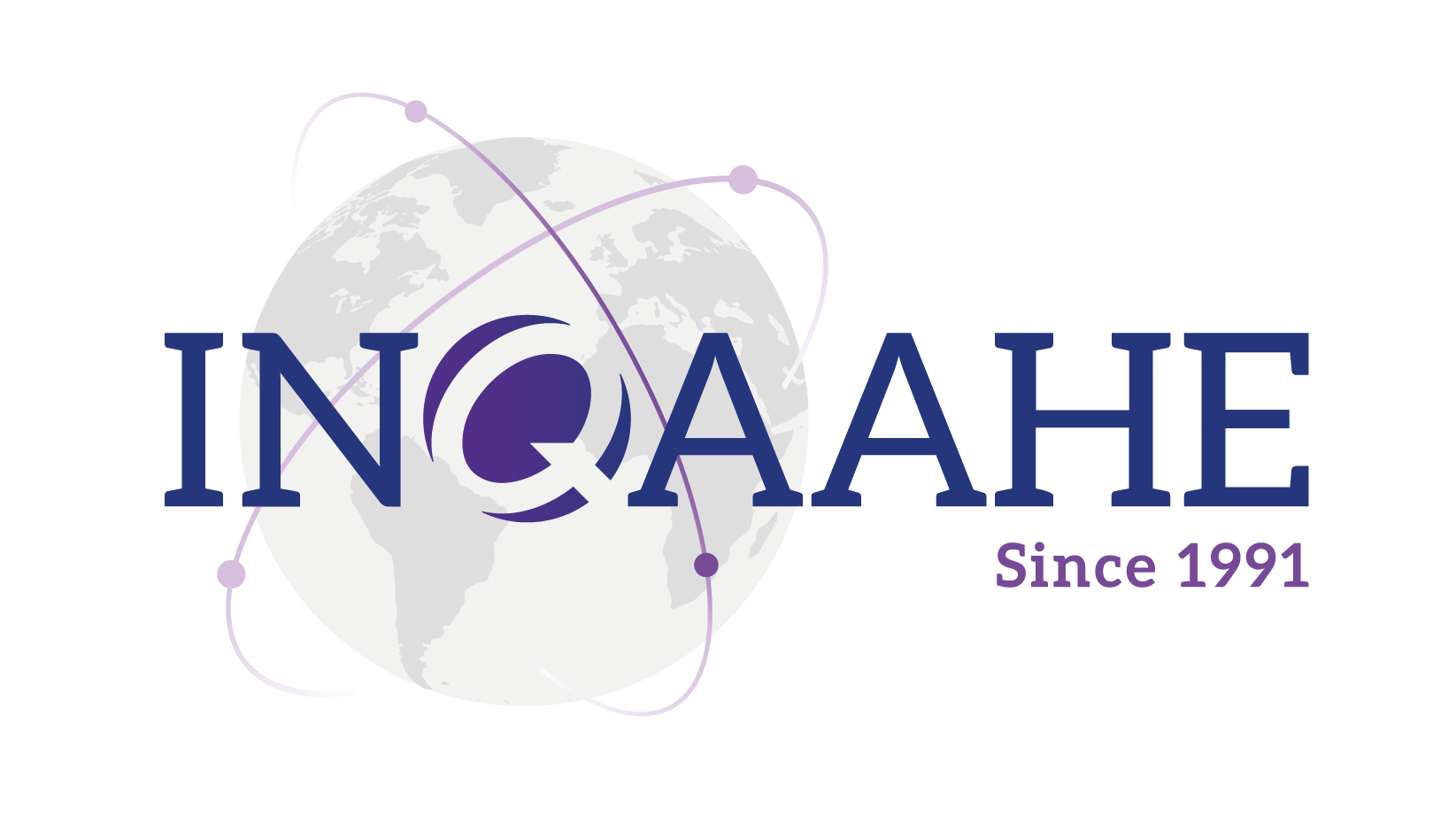INQAAHE Forum 2024
Transforming Society: Social Reponsibility trough Quality Assurance of Tertiary Education
June 11, 2024
Roundtable
Sub-theme 3: Designing curricula for societal impact
Harmonizing Heterogeneity: Ensuring Quality in Interdisciplinary Programs Offered through a ‘Multiversity’ Framework
Tertiary education, and its quality assurance systems, need to be agile, adapting to society’s increasingly complex and nascent challenges. The “Multiversity Model” exemplifies a shift towards socially-responsive interdisciplinary qualifications by blurring academic and institutional boundaries, enabling customizable student pathways through interdisciplinary qualifications. This roundtable session will explore the possibilities for the adaptation of quality assurance mechanisms to such interdisciplinary programs, the tracking and utilization of student and stakeholder feedback, the overcoming of structural barriers within quality assurance systems, and the measurement of initiatives' success in fostering civic engagement and societal contributions among graduates.
This roundtable session seeks to solicit dynamic perspectives on transforming traditional norms in the tertiary education sector. It is anticipated that attendees will generate and co-construct new insights on how tertiary education institutions can dismantle existing boundaries to leverage strengths for an optimal student experience that provides choices and opportunities for diverse program pathways, interdisciplinarity, and glocal engagement -- all within a sound academic quality, socially-responsive, system.
As a result of attending this roundtable session, participants are anticipated to be able to:
- Describe a sample high-level framework for interdisciplinary studies (“Multiversity Model”) that is responsive to student and societal needs and transcends traditional boundaries within tertiary education institutions using the Qatar Foundation Education City model.
- Discuss strategies for adapting quality assurance frameworks to effectively evaluate and ensure the coherence of interdisciplinary programs across multiple institutions.
- Explore methods for systematically tracking student outcomes and stakeholder feedback to continuously improve interdisciplinary offerings and their alignment with societal needs.
- Propose solutions to structural barriers in tertiary education institutions that hinder the implementation of flexible, socially-responsive interdisciplinary programs.
Facilitated by:
 Dr. Samah Gamar
Dr. Samah Gamar
Dr. Samah Gamar is a seasoned higher education professional with extensive experience in education policy, program development, monitoring and assessment, and higher education quality assurance. Her career has spanned the tertiary education sector from technical and vocational education and training (TVET) to postgraduate-level studies.
She is currently the Director of Academic Affairs at Qatar Foundation, a role in which she is dedicated to enhancing comprehensive academic excellence across the seven partner universities within Education City, along with leading flagship initiatives that strive to pioneer interdisciplinary approaches, innovative pedagogical and practical evidence-based frameworks, and increased student-centricity and mobility.
Dr. Gamar was the Founding Director of Teaching, Learning, and Assessment at the Doha Institute for Graduate Studies, where she played a critical role in securing institutional accreditation from the Quality Assurance Agency (QAA). She maintains an Adjunct Faculty position within the Master of Public Policy program where she teaches critical pedagogies and education reform in the MENA region.


